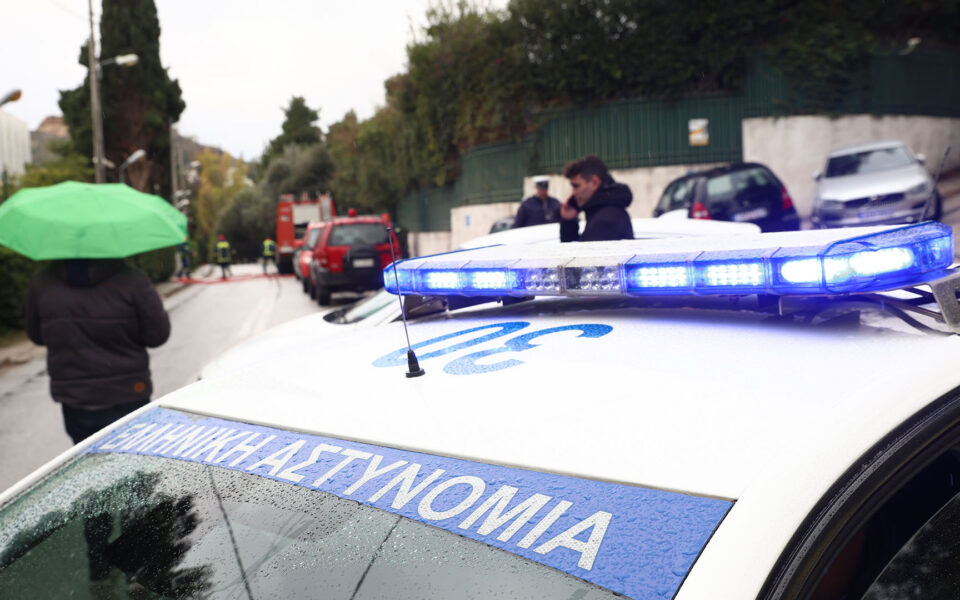Sometimes I wish I could live in a country somewhere between my hometown of Greece and the United States where I live. By “middle” I don't mean geographically, but rather countries whose laws, social customs, etc. lie somewhere between the two. Perhaps I like to dream that such a country would combine the best of both Greece and the United States, without their shortcomings. In this ideal country of my imagination, police behavior would be very different, both for police officers and for the citizens they are called upon to serve and protect, to name just one example. I believe it will be much better.
Most police departments in the United States are controlled by local governments (cities, counties), but the federal government is responsible for units that serve different jurisdictions (such as the FBI). This is a mixed blessing because big cities have the funds to acquire better equipment, pay better salaries (thus attracting better candidates), and better train their police personnel.
On the other hand, all of the above can be problematic in small towns. It is also well known that American police forces, despite their superior equipment and training, have a tendency to use excessive force. This happens frequently and sometimes leads to unnecessary injury or death. The infamous George Floyd incident in my hometown of Minneapolis-St. Paul is one of the most infamous. So while I appreciate the goodwill of local American police, I hope they are less eager to use force.
As much as I want my local police to change, I don't want them to end up like the Greek police. There are many examples of the incompetence of the Greek police. The recent attack and death of a young woman in front of police is just the latest incident. Adding to the drama is the fact that the incident took place outside a police station and that the woman's attack was audio recorded.
Many people will seek political responsibility and demand the resignation of the minister in charge. I don't know if this is the right thing to do, but even if it were, I don't think the Greek police would be improved. Many of those involved will likely seek punishment for the police officers and superiors involved. I'm sure it will, but it remains to be seen whether the quality of police performance will improve.
Comparing the Greek police and the Minneapolis-St. Paul police, I found that the Greek police were inferior in at least two crucial ways. The first is training. It requires not just instructions on what to do and when, but ongoing training on how to do it. How to use deadly force, how to apprehend suspects, how to protect the public, and more. This training should begin at the police academy but must continue throughout your career. The second point is similar, but more important.
From my observations and conversations, I was of the opinion that many (most?) young Greeks who become police officers do so not because they want to join the police force, but rather because it is a government job. In other words, he could have applied to join the Ministry of Transport or become a teacher.
They wanted a government job, any job. They perform their duties as badly as they do because being a police officer and the responsibilities that come with that profession were never their goal. In that respect, the police officers involved in this case are in the same position as the railway workers involved in last year's tragic accident.
John Magis is a professor of history at Hamline University in St. Paul, Minnesota.


